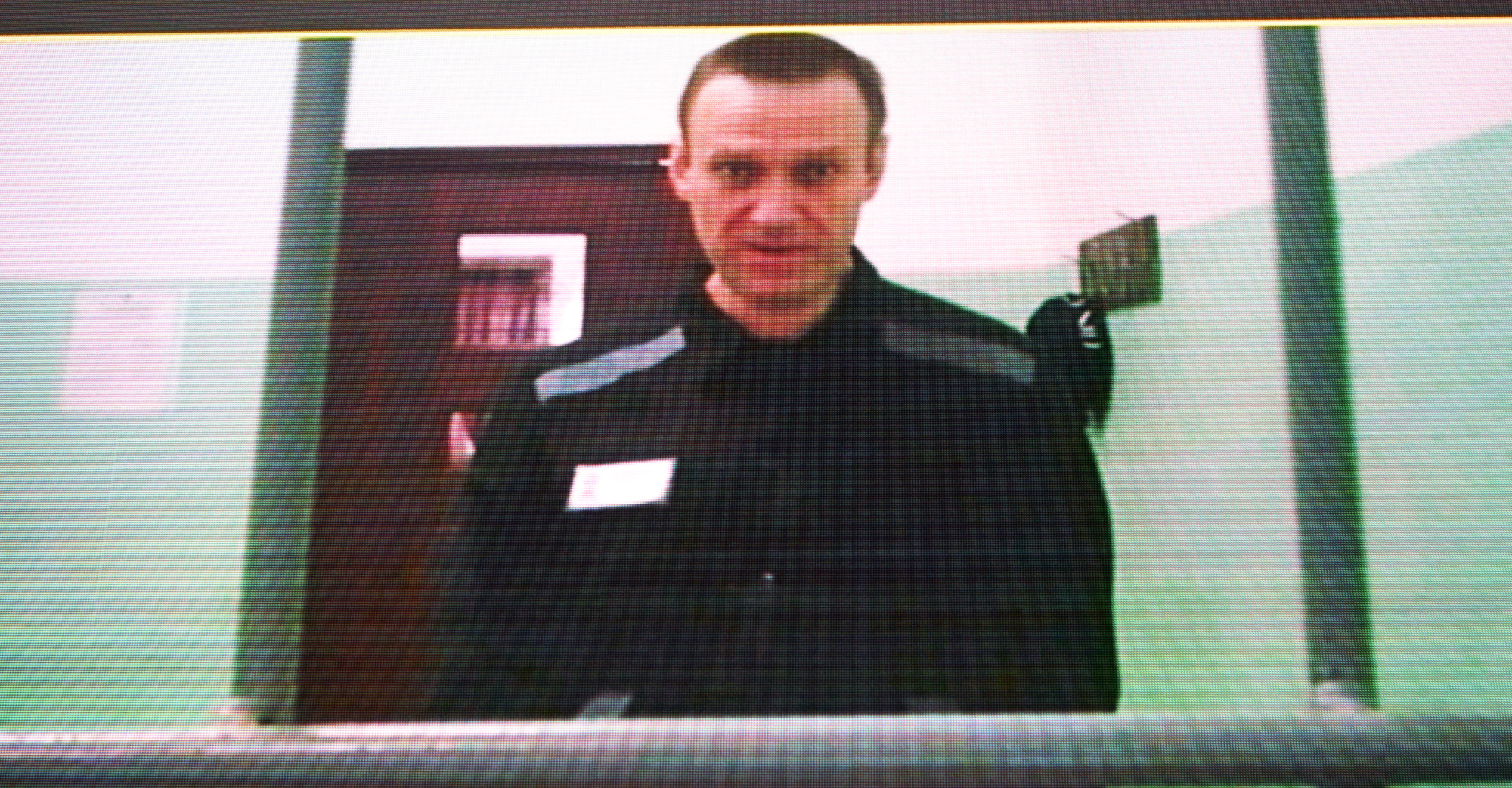The European Union announced on Thursday that it had sanctioned 12 individuals in Russia, including the head of the prison where the opponent Alexei Navalny is detained, as well as five entities, responsible for “serious violations of human rights”. The announcement comes as 20 years in prison have been requested against this figure of the Russian opposition, tried for a month behind closed doors in a new trial for “extremism”, in the midst of the conflict in Ukraine.
“The EU condemns the continuing deterioration of the human rights situation in Russia. The unjustified and unprovoked war of aggression waged by Russia against Ukraine has amplified internal repression,” said the EU Council, which represents the 27 member states, in a statement. The sanctions adopted “target those who have misused facial recognition technologies for mass arbitrary arrests in Russia, as well as politically motivated decisions against opposition figures, democracy activists and virulent critics of the Kremlin”, it is specified.
“Cruel, inhuman or degrading treatment”
The head of the IK-6 prison, Dmitri Nojkine, is notably held responsible for “acts of torture and other cruel, inhuman or degrading treatment or punishment”, according to the reasons for his inclusion in the sanctions regime, detailed in the Official Journal of the European Union. Five deputies are also targeted for the same reasons. Navalny has been “subjected to multiple episodes of solitary confinement for more than 100 days since August 2022, which has contributed to a sharp deterioration in his health”, according to the EU OJ.
Are also sanctioned Arkadi Gostev, the director of the Russian federal penitentiary service, as well as Alexander Samofal, an officer of the federal security service (FSB), implicated in an operation aiming at assassinating another figure of the opposition, Vladimir Kara-Mourza. Among the persons and entities targeted are also various organizations linked to the city of Moscow, a minister of the city government and a deputy mayor, as well as three companies producing facial recognition systems or organizing tenders for the supply of such systems.
Persons and entities sanctioned are subject to an asset freeze and cannot receive funds from the EU. Individuals are also subject to a travel ban preventing them from entering or transiting EU territory.
